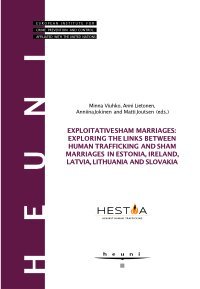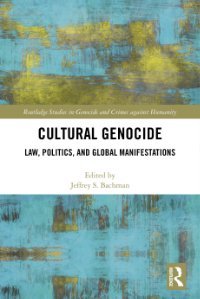By Shannon Gleeson.
The Promise and Failure of Workplace Protections in the United States. Over the last century, workers in the United States have come to enjoy an expanding array of workplace protections. The government apparatus that has sprung up to enforce these protections is also impressive. And yet, despite the proliferation of protections, expanding enforcement bureaucracies, and high-profile victories, there has nonetheless been a rise in polarized and precarious employment systems over the last four decades, leading to “bad jobs,” “degraded work” and “marginal workers.”
UC press. Luminous. (2016) 189 pages.











